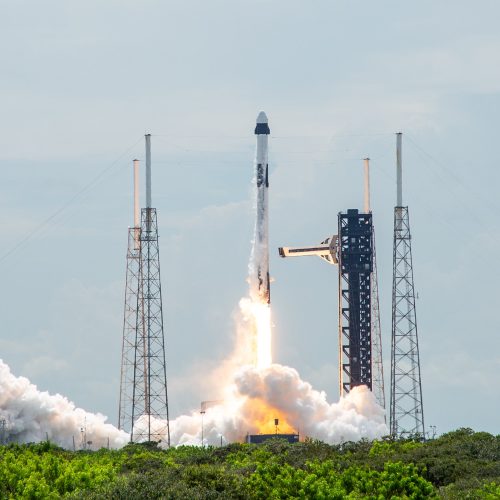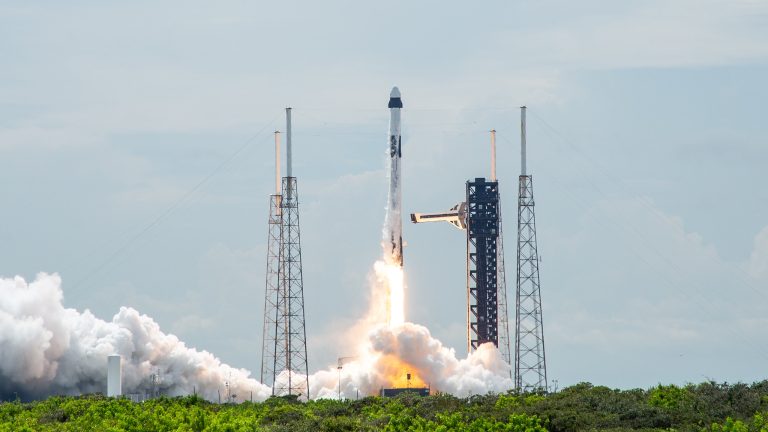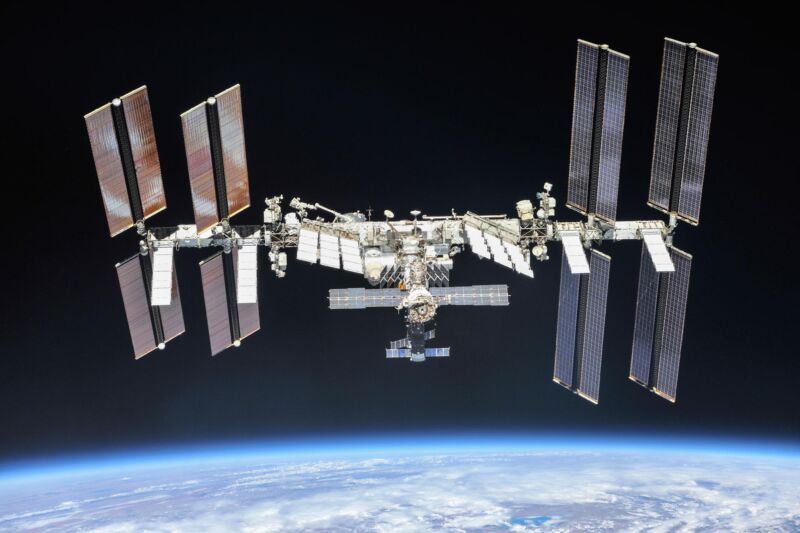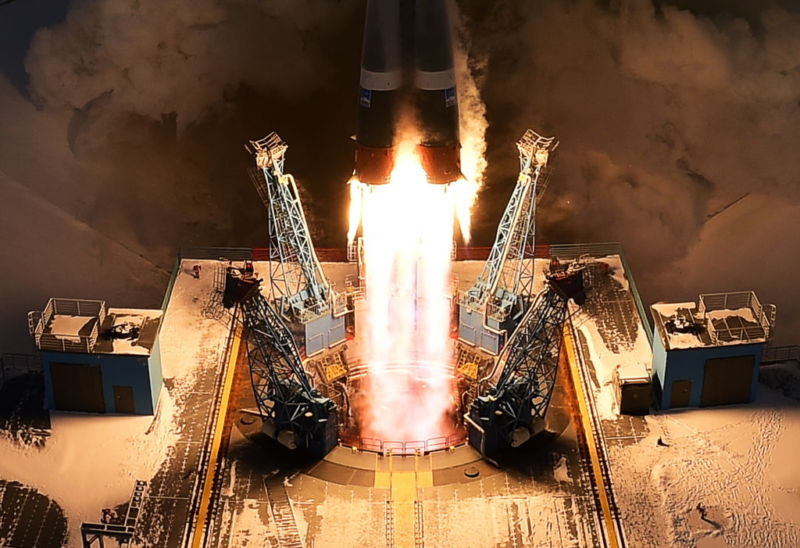The ISS has been leaking air for 5 years, and engineers still don’t know why
Officials from NASA and Russia’s space agency don’t see eye to eye on the causes and risks of small but persistent air leaks on the International Space Station.
That was the word from the new chair of NASA's International Space Station Advisory Committee last week. The air leaks are located in the transfer tunnel of the space station's Russian Zvezda service module, one of the oldest elements of the complex.
US and Russian officials "don't have a common understanding of what the likely root cause is, or the severity of the consequences of these leaks," said Bob Cabana, a retired NASA astronaut who took the helm of the advisory committee earlier this year. Cabana replaced former Apollo astronaut Tom Stafford, who chaired the committee before he died in March.
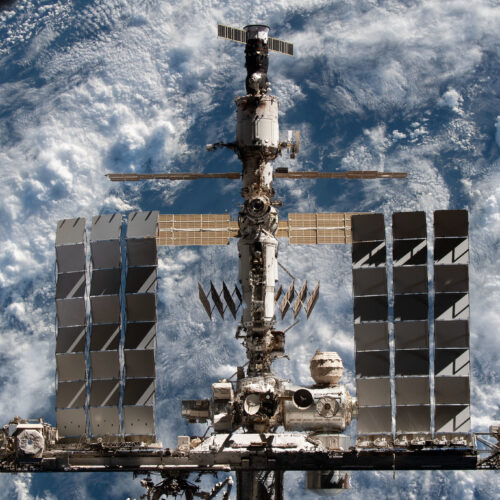
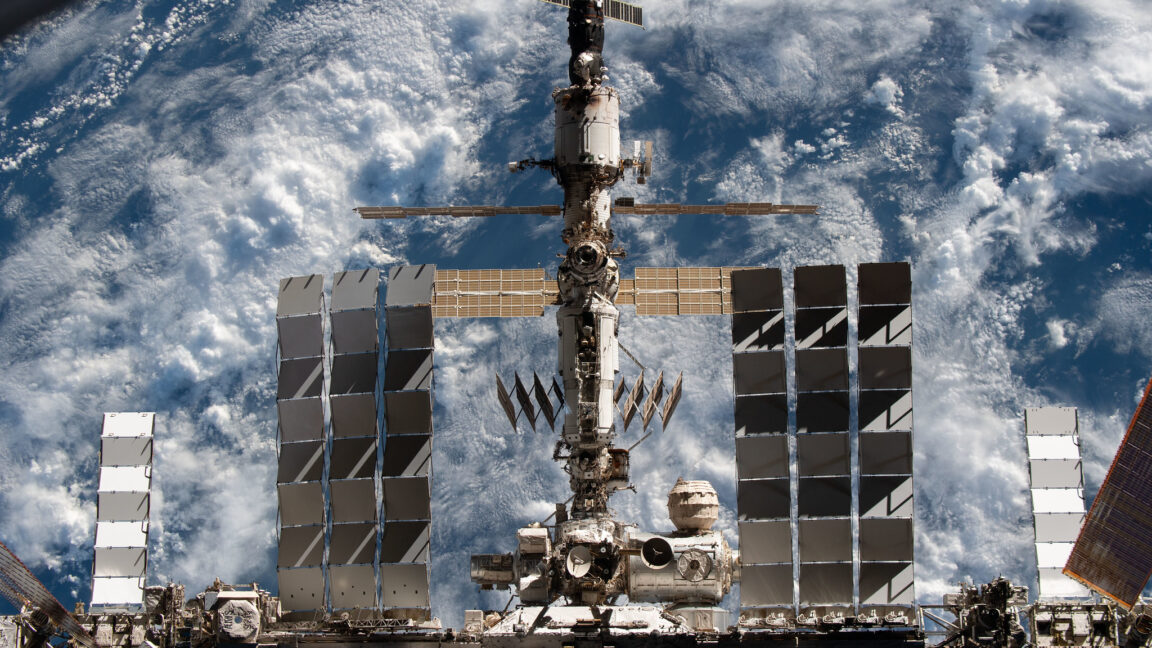
© NASA
